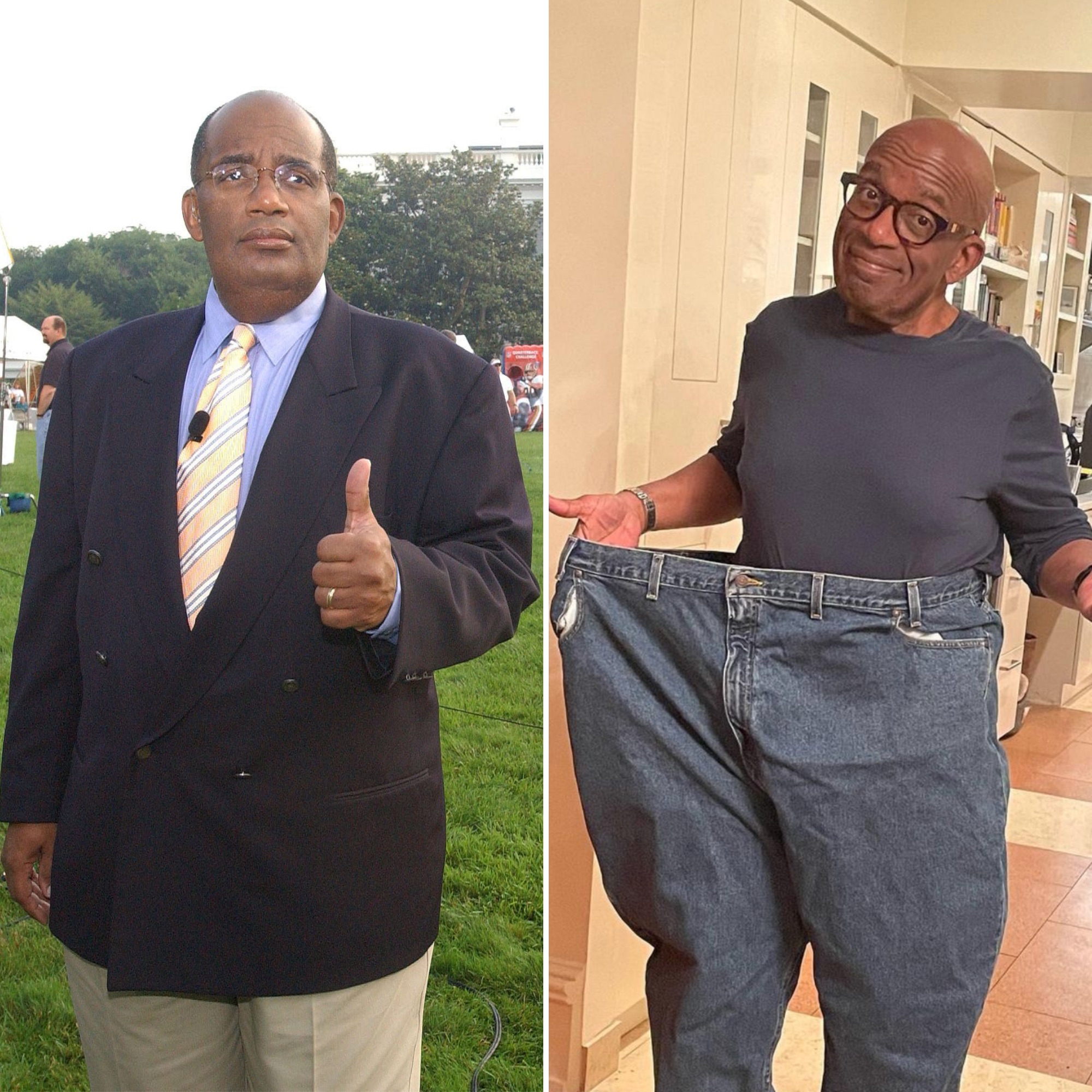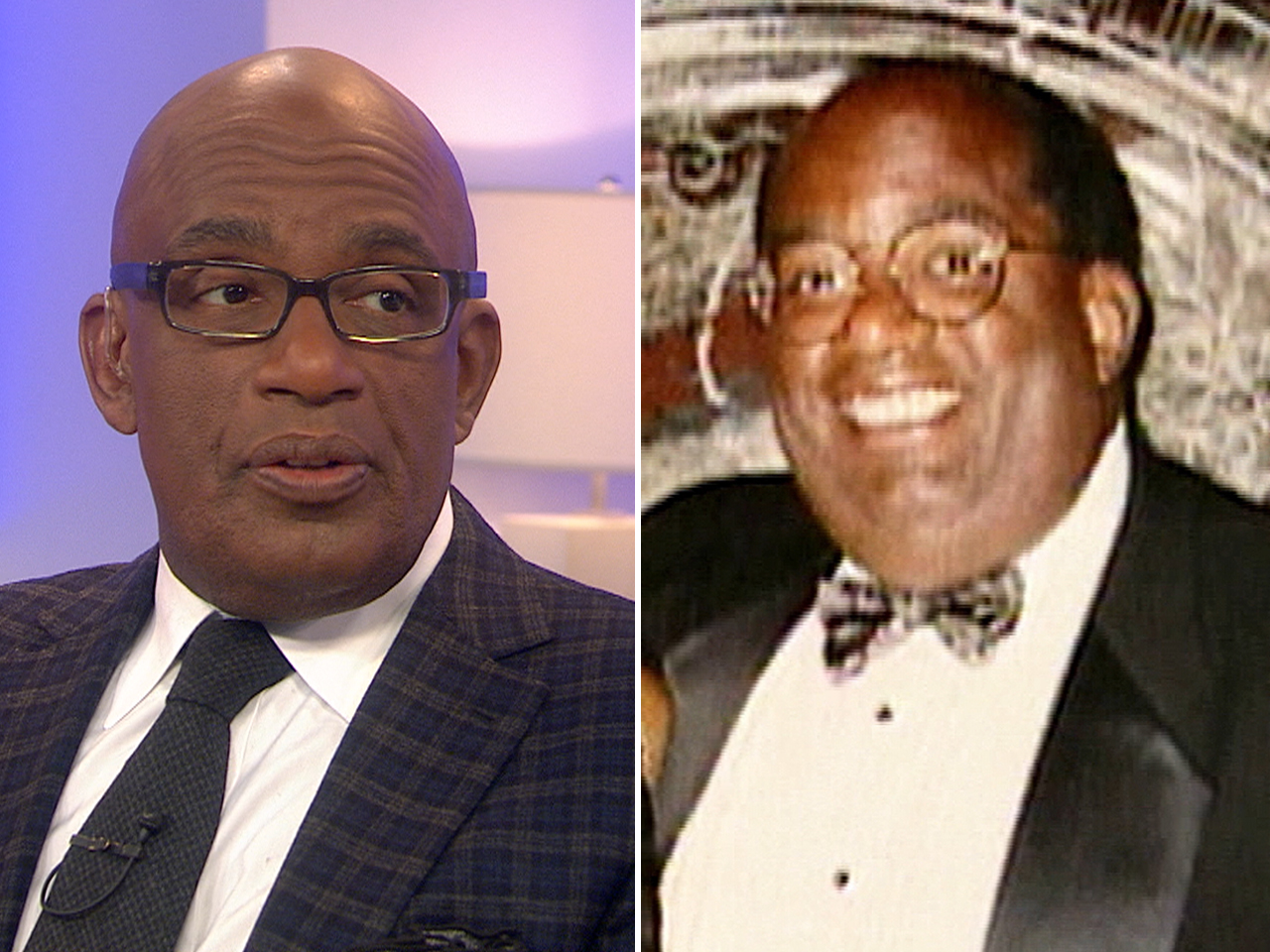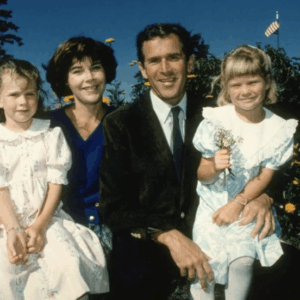Al Roker on His Mixed-Weight Marriage: ‘You Feel Judged’
Al Roker, the beloved weatherman and television personality, recently opened up about the realities of mixed-weight marriages, a relationship dynamic where partners have significantly different body weights. His reflections came after a Wall Street Journal article highlighted the unique challenges these couples face. Alarmingly, a poll conducted on TODAY.com found that more than half of respondents acknowledged that weight differences have led to various issues within their relationships.
The Struggles of Mixed-Weight Couples
Roker, who has undergone an impressive weight loss journey of 160 pounds, shared his personal experiences in navigating his marriage with Deborah Roberts, an active and athletic woman. Before his weight loss, Roker carried nearly 350 pounds, a stark contrast to his wife’s lifestyle. He articulated that these differences often lead to conflicts if not openly discussed and understood. In his words, “Weight plays a big part in relationships,” highlighting the societal pressures surrounding physical appearance and attraction.
The challenges faced by mixed-weight couples go beyond mere aesthetics. Roker pointed out the emotional toll that weight disparities can inflict on both partners. His own experiences of feeling judged and grappling with societal expectations created frustration that ultimately affected his relationship. Roker candidly expressed that living with a partner who leads a different lifestyle can lead to feelings of inadequacy and resentment if left unaddressed. It’s crucial for couples to engage in open dialogues about their feelings and experiences, especially in cases of significant weight differences.
Communication Is Key
In mixed-weight marriages, effective communication becomes an essential skill. Roker emphasizes that addressing weight issues should not come from a place of criticism. Often, the partner coping with weight challenges is already aware of their situation. Thus, nagging or constant reminders can lead to further emotional distress. Instead, Roker advises couples to foster an environment of support and understanding, helping each other navigate personal struggles without detrimental judgment.
A vital takeaway from Roker’s perspective is the importance of self-acceptance. Individuals in mixed-weight relationships must first embrace their own situations before they can effectively assist their partner. This journey toward acceptance can be transformative, allowing couples to bond over their unique challenges rather than letting them drive a wedge between them. Waiting until both partners feel ready to pursue healthier lifestyles together can lay a foundation for mutual growth.
Embracing Change Together
Roker highlights that the path to a more healthy lifestyle is not a race but a gradual journey. The idea of a strict diet can often feel overwhelming, so opting for sustainable lifestyle changes is more beneficial for mixed-weight couples. This could involve engaging in activities that promote health and well-being without the pressure of immediate results. Whether it’s cooking healthier meals together or finding fun ways to exercise, the emphasis should be on togetherness and support during this transformation.
Understanding and patience are essential components for both partners in a mixed-weight relationship. Roker’s insights serve as a reminder that love, empathy, and mutual respect are fundamental to overcoming challenges. By focusing on what unites them rather than what divides them, couples can fortify their relationship even amidst the difficulties stemming from weight disparities.
Ultimately, Al Roker’s journey reflects the broader narrative of acceptance and partnership in mixed-weight marriages. It’s a reminder that every relationship has its share of trials, and facing them together can lead to deeper connections.
For those experiencing similar dynamics in their relationships, it’s essential to prioritize communication and understanding. If you find yourself facing challenges in a mixed-weight marriage, consider reaching out for support or exploring resources that can help both partners embark on a healthier lifestyle, together.








